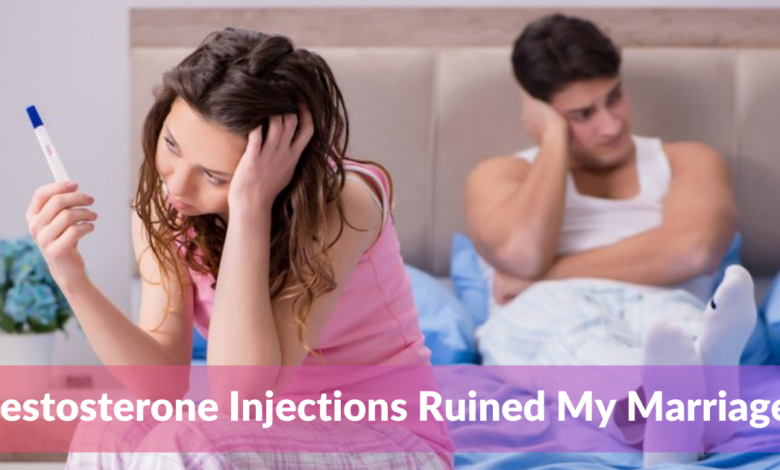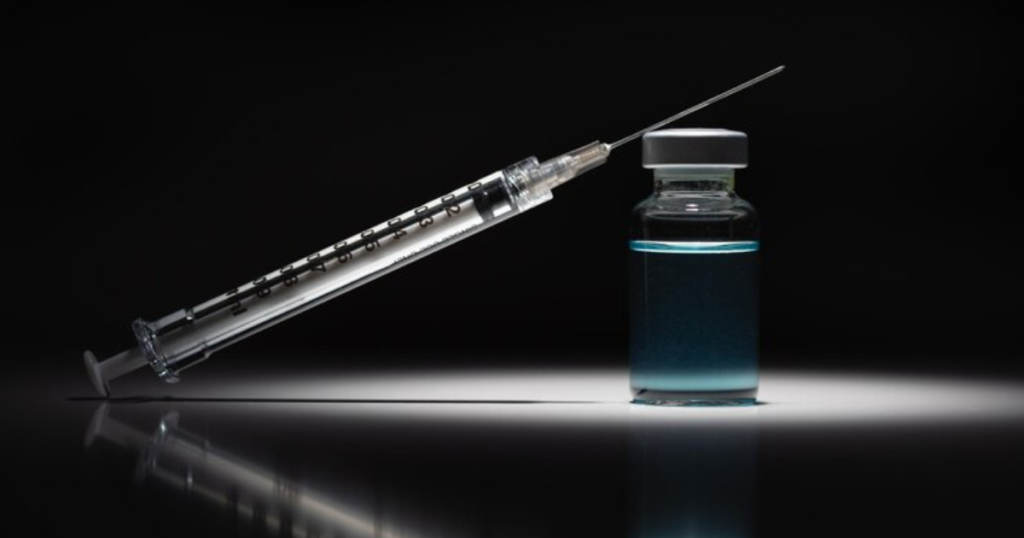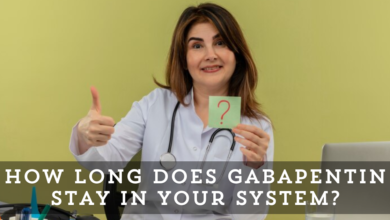Testosterone Injections Ruined My Marriage | A Case Study

Testosterone injections, which are typically praised for their capacity to boost masculinity and vigor, might have unintended repercussions for relationships. While these injections are often used to treat low testosterone levels and accompanying symptoms like decreased libido and exhaustion, they can also strain marital relationships. In this essay, we will look at the nuances of how testosterone injections ruined my marriage and offer tips for handling the aftermath.
What Is Low Testosterone?
Low testosterone, also known as hypogonadism, is a disorder in which the body generates insufficient levels of testosterone, a vital hormone produced predominantly in the testicles in men and smaller amounts in the ovaries in women.
Testosterone is essential for a variety of physical activities, including the development of male sexual characteristics, bone density, muscular mass, red blood cell synthesis, and mood modulation.
Signs & Symptoms of Low Testosterone
Symptoms of low testosterone in men may include:
- Decreased libido (sex drive)
- Erectile dysfunction
- Fatigue and decreased energy levels
- Reduced muscle mass and strength
- Increased body fat, especially around the abdomen
- Decreased bone density, leading to osteoporosis
- Mood changes, including irritability, depression, or decreased motivation
- Difficulty concentrating or remembering things
- Decreased facial or body hair growth
- Hot flashes or night sweats
In women, symptoms of low testosterone may include:
- Decreased libido
- Fatigue and decreased energy levels
- Loss of muscle mass and strength
- Decreased bone density, leading to osteoporosis
- Mood changes, such as irritability or depression
- Difficulty concentrating or remembering things
- Changes in menstrual cycle or irregular periods
- Vaginal dryness
- Decreased sensitivity to touch
- Hot flashes or night sweats
These symptoms range in severity and may not always be present. Individuals experiencing any of these symptoms should speak with a healthcare practitioner for an accurate diagnosis and treatment.

What are Testosterone Injections?
Testosterone injections, a type of hormone therapy, are used to boost testosterone levels in deficient people. These injections, which are often delivered intramuscularly or subcutaneously, help to regulate hormones and treat symptoms associated with low testosterone levels. They also help affected people regain their vitality and overall well-being.
The Potential Benefits of Testosterone Injections
Testosterone injections are a type of hormone replacement treatment used to treat patients with low testosterone levels. Here are some potential benefits of testosterone injections:
- Increased libido: Testosterone is essential for regulating sex drive, and testosterone injections can assist those with low testosterone levels boost their libido.
- Improved erectile function: Testosterone is required for erectile function, and injections may benefit men who have erectile dysfunction due to low testosterone levels.
- Increased muscle mass and strength: Testosterone, an anabolic hormone, stimulates muscle growth and strength. Testosterone injections can help people gain muscle mass and improve their athletic performance.
- Improved bone density: Testosterone helps to preserve bone density and strength. Testosterone injections may help prevent osteoporosis and lower the incidence of fractures in those with low testosterone.
- Increased energy and vitality: In those with low testosterone levels, testosterone injections can boost their general energy, vitality, and sense of well-being.
- Enhanced mood: Testosterone regulates mood, and testosterone injections may help relieve symptoms of melancholy, irritability, and mood fluctuations caused by low testosterone levels.
- Improved cognitive function: Studies have demonstrated that testosterone influences cognitive function, such as memory, concentration, and cognitive processing speed. Individuals with low testosterone levels may benefit from testosterone injections to boost their cognitive performance.
- Potential cardiovascular benefits: According to some studies, testosterone therapy may improve lipid profiles and reduce the risk of cardiovascular disease in people with low testosterone levels.
The Dark Side of Testosterone Injections
1. Hormonal Imbalance and Side Effects
While testosterone injections can provide major benefits, they also increase the risk of hormonal imbalance and a variety of other negative effects. Excess testosterone in the body can cause acne, hair loss, and a higher risk of cardiovascular disease.
2. Dependency and Withdrawal
Long-term use of testosterone injections can lead to dependence, in which the body relies on exogenous testosterone to operate normally. If injections are withdrawn, this might cause withdrawal symptoms such as weariness, depression, and a decrease in libido.
3. Liver Toxicity
Testosterone injections are often given intramuscularly, bypassing the liver’s first pass metabolism. However, using this method of administration does not completely reduce the danger of liver damage. Prolonged usage of testosterone injections can strain the liver and raise the risk of liver damage over time.
4. Cardiovascular Risks
High testosterone levels have been linked to an increased risk of cardiovascular events like heart attacks and strokes. While the association between testosterone injections and cardiovascular health is complicated and nuanced, anyone seeking testosterone therapy should be aware of the potential hazards.
5. Mood Changes and Aggression
Changes in testosterone levels can cause mood swings, irritation, and even aggressiveness in some people. To mitigate these potential side effects, patients and healthcare providers must regularly monitor mood changes while on testosterone therapy.

How Testosterone Injections Impacted a Marriage
1. Mood Swings and Irritability
While testosterone injections can boost mood in some people, they can also cause mood swings and agitation in others. Sudden changes in testosterone levels can cause emotional instability, making it difficult to maintain healthy communication and resolve disputes in the marriage.
2. Changes in Behavior and Aggression
Testosterone, being a potent influencer of behavior, often leads to fluctuations in aggression and assertiveness. Consequently, individuals undergoing testosterone therapy might experience heightened hostility, thereby potentially straining marital relationships and sparking disagreements between partners.
3. Dependency and Relationship Strain
Long-term testosterone injection use can lead to dependency, in which people rely on exogenous testosterone to operate normally. This dependency can strain a marriage because spouses may feel overwhelmed by the need for continual medical intervention and monitoring, causing stress and resentment.

Can Testosterone Replacement Improve My Marriage?
Testosterone replacement therapy (TRT) can affect many parts of your life, including your relationships and marriage. However, the effects vary greatly from person to person, so it’s critical to recognize the potential benefits and risks.
Here are some ways in which TRT might affect your marriage positively:
- Improved libido: Testosterone is a crucial factor in libido. If low testosterone levels were causing a drop in libido, TRT could help boost it, resulting in a more pleasurable sexual relationship with your spouse.
- Increased energy and vitality: Low testosterone levels can cause exhaustion and low energy levels, affecting your attitude and ability to participate fully in your marriage. TRT may help increase your energy levels, allowing you to feel more engaged and present in your relationship.
- Enhanced mood and well-being: Testosterone has been linked to mood management, and low testosterone levels can cause irritation, sadness, or mood fluctuations. TRT may help stabilize mood and enhance overall well-being, resulting in more positive interactions with your spouse.
- Improved muscle mass and physical health: Testosterone is required to maintain muscular mass and strength. TRT may assist boost muscle mass and physical health, resulting in increased confidence and appeal to your spouse.
More to Read: Why Weight Watchers Is Bad? The Truth behind This
Conclusion
While testosterone injections may provide some hope for people suffering from low testosterone levels, their impact on relationships should not be underestimated. Couples can overcome the problems of testosterone therapy by recognizing potential dangers and proactively addressing communication failures.
Frequently Asked Questions
What are testosterone injections, and how can they affect marriages?
Testosterone injections are drugs that some people use to increase testosterone levels. When someone’s body produces too much testosterone, it might impact their mood and conduct, perhaps leading to marital troubles.
How do testosterone injections impact relationships?
Testosterone injections can have a substantial impact on relationships since they can change both emotions and behaviors. Individuals on testosterone therapy may experience increased anger or violence, which complicates their interactions with partners. As a result, the difference in attitude and behavior might make it difficult to maintain harmony and understanding in the partnership.
Can testosterone injections ruined a marriage?
While not everyone who takes testosterone injections will experience marital problems, it is probable that some will. If someone’s mood or behavior drastically changes as a result of the injections, it may disrupt their relationship.
What should someone do if they think testosterone injections ruined their marriage?
If someone feels that testosterone injections are causing problems in their marriage, they should consult their doctor about it. Their doctor may be able to change the dosage or propose alternative treatments that can assist.
Are there alternatives to testosterone injections that might not affect marriages as much?
Yes, there are alternative treatments for low testosterone that may have fewer negative consequences on relationships. These could include gels, patches, or lifestyle modifications such as increased exercise and a healthier diet.




